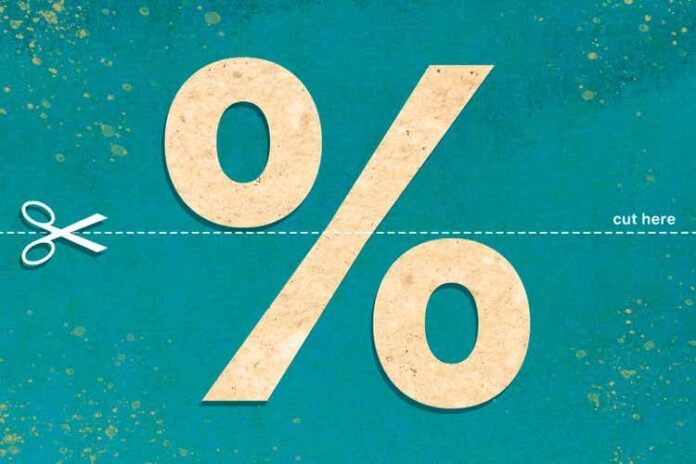
Richard Drury
When the Federal Reserve hikes interest rates, banks’ net interest income generally rises. So when the central bank swings to easing policy, it would stand to reason that banks’ NII will drop.
But it’s more complicated than that, explained Evercore ISI analyst John Pancari in a recent note to clients.
He used updated ALCO (Asset/Liability Committee) disclosures in his model to help assess which banks will be best positioned for rate cuts. “However, ALCO scenarios are only part of the story since they are typically based on a mostly static balance sheet, and therefore do not incorporate balance sheet remixing or potential hedge portfolio changes (although this approach is evolving),” he wrote.
So Pancari created a more dynamic approach, adding in management commentary regarding rate sensitivities, FY24 NII guidance, and assumed federal funds rate cuts by each bank to portray a more complete overview.
His bottom line is that banks “gradually becoming less asset sensitive as the Fed pivot approaches via remixing of balance sheets, securities restructurings, and hedging efforts.”
“In short, hedging efforts have also gained steam, and coupled with a pick-up in announced & completed securities restructurings, banks’ actual sensitivities are likely to support even less asset sensitive/more liability sensitive position moving forward than ALCO scenarios indicate, in isolation,” he concludes.
The upshot is Comerica (NYSE:CMA), Truist Financial (NYSE:TFC), U.S. Bancorp (USB), and Fifth Third Bancorporation (NASDAQ:FITB) appear to be best positioned from an NII standpoint, Pancari said.
Dovish comments by Fed Chair Jerome Powell and a weaker-than-expected July jobs report triggered a shift in markets to price in 100 basis points of rate cuts. That, combined with rising fears of a more pronounced recession, “drove a rotation in bank stocks in favor of liability sensitivity & those viewed as defensively positioned for a credit cycle,” Pancari wrote. There’s been some reversion of that trend as more encouraging economic data rolled in the past week, and now the market is pricing in 75 bps of rate cut in 2024.
The bank stocks that have outperformed the banking sector by the widest margin are those that are least asset-sensitive/most liability-sensitive, including Comerica (CMA), Truist Financial (TFC), Fifth Third (FITB), and U.S. Bancorp (USB), was well as defensively positioned American Express (AXP) and JPMorgan Chase (JPM), the analyst said.
However, if the economic scenario deteriorates more than expected, credit concerns could outweigh NII concerns, “thereby more heavily influencing stock performance,” Pancari said.
More on Comerica, Fifth Third, Truist
Source link






